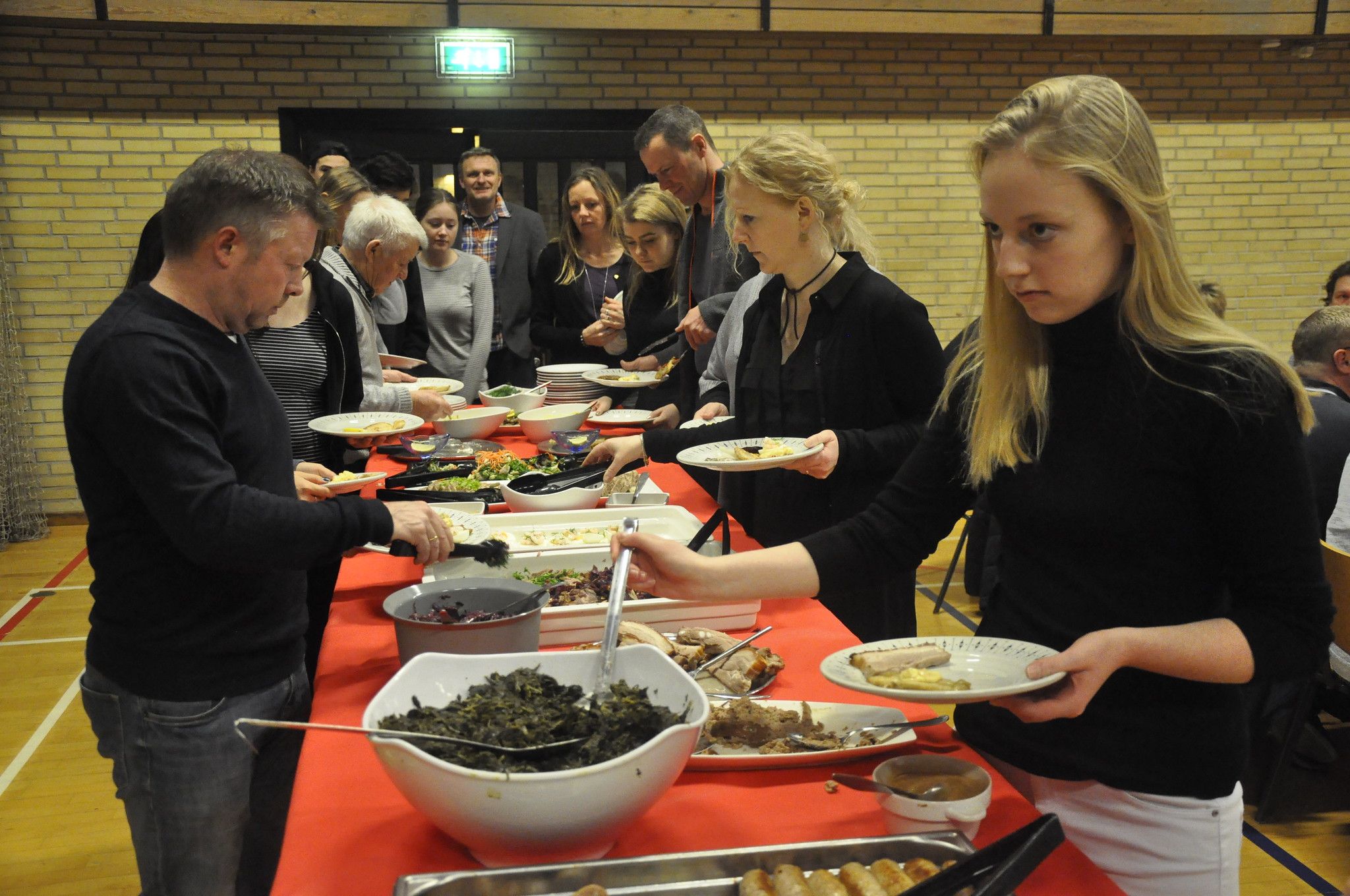The State Serum Institute (SSI) has developed a risk assessment to help Parliament make decisions on gradually reopening Denmark.
The assessment, which DR Nyheder has obtained, evaluated that areas to have a low risk of infection include zoos, libraries, museums and aquariums.
Meanwhile, nightclubs, sports halls (sports with physical contact), Efterskole schools, vocational schools, amusement parks and fitness centres are among the very high risk places.
READ ALSO: Disproportionate number of Danish coronavirus patients are overweight
Numerous variables
However, SSI underlined that the assessment is ‘uncertain and simplified’.
SSI clarified that the risks depend on how widespread the epidemic is and what other measures are in play at the same time.
The assessment was produced on the basis of the implementation of relevant restrictions that ensure physical distancing and hygiene conditions.
The government has stated that it will wait until near the May 10 deadline before revealing further reopening plans.
Every fifth kid has trouble with distance learning
With kids across Denmark being forced to study at home due to the Coronavirus Crisis, a new study from the University of Southern Denmark (SDU) has revealed that almost 20 percent of elementary pupils have difficulty with distance learning and 35 percent of parents are concerned about their childrens’ learning. Professor Ane Qvortrup from the Department of Cultural Sciences at SDU questioned 5,953 students and 4,955 parents across six municipalities in April. Only 57 percent of students said that they did well with distance learning, while almost 20 percent said they were unsatisfied. However, both parents and students responded that distance education was of a high quality emergency education during the corona crisis – 70 percent of parents believe teachers have handled the situation impressively.
Niels Bohr building delayed again
According to Ingeniøren, the construction of the new Niels Bohr Building at the University of Copenhagen has been postponed again – this time because of the Coronavirus Crisis. Initially the building’s opening was due in 2016, but a series of mishaps has postponed it to this July. The crisis has led to a decrease in workers on the site, due to several contractors staying away. The road directorate, Vejdirektoratet, is currently in charge of the construction. The bill is now estimated to end up at 3.6 billion kroner, which is 2 billion kroner over budget.
Virus from faeces help tackle obesity and diabetes
A new study from the University of Copenhagen suggests that the transplantion of faeces can have an affect on obesity and diabetes 2. Transplantation of stools from a healthy donor to a sick patient has in recent years become a popular way of treating intestinal inflammation and dangerous diarrhoea. KU’s experiments with mice indicate that a similar treatment may help people suffering from obesity and diabetes 2. The research team emphasised that the method would need to be combined with dietary restructuring to have an impact.
Promising Remdesivir results
The Ministry of Science Innovation has announced that the drug Remdesivir appears to be helpful in the treatment of coronavirus patients. Danish participating in the study, led by the US National Institutes of Health, showed that people infected with the coronavirus seem to recover 31 percent faster with the help of Remdesivir. The trials have also revealed that the mortality rates of patients treated with the drug decrease from 11 to 8 percent.
Agreement for future COVID-19 vaccine production
Researchers at the University of Copenhagen have entered into an agreement with the company AGC Biologics on the future production of a vaccine against the coronavirus. The agreement will accelerate work on the vaccine in the hope that researchers can commence initial clinical trials in late 2020. Until now, the consortium has received 25 million kroner in funding from the Carlsberg Foundation and just over 20 million kroner from the EU research program Horizon 2020 to develop a vaccine against COVID-19.
Digital tool to improve health hygiene among healthcare professionals
Working on the front-line, healthcare professionals in hospitals and nursing homes are exposed to major risk of getting infected by the coronavirus. To reduce the risk and improve hand hygiene among healthcare workers, the Technical University of Denmark (DTU) is developing a digital tool which will serve as a reminder for disinfecting hands and tracking the movement of healthcare professionals. The tool will be setup like an advanced Dankort system, using a chip placed in the staff’s nameplate and Bluetooth to track and remind staff to disinfect hands after visiting a patients. The system is expected to be tested in a pilot project at a hospital and a care centre over the next few months before being widely distributed to several hospitals and nursing homes.
Uniform pattern sowing can reduce the use of pesticides
Farmers sowing crops in an even pattern – a grid-like formation – can have 76 per cent higher yields and 73 per cent fewer weeds than the random sowing practice of today. This is what a new research study developed by professor Jacob Weiner of the Department of Plant and Environmental Sciences at the University of Copenhagen found in collaboration with Northeast Agricultural University in China. Published in the scientific journal Advances in Agronomy, the study shows that the uniform grid pattern of planting can decrease nitrate leaching and reduce the need for harmful pesticides.













